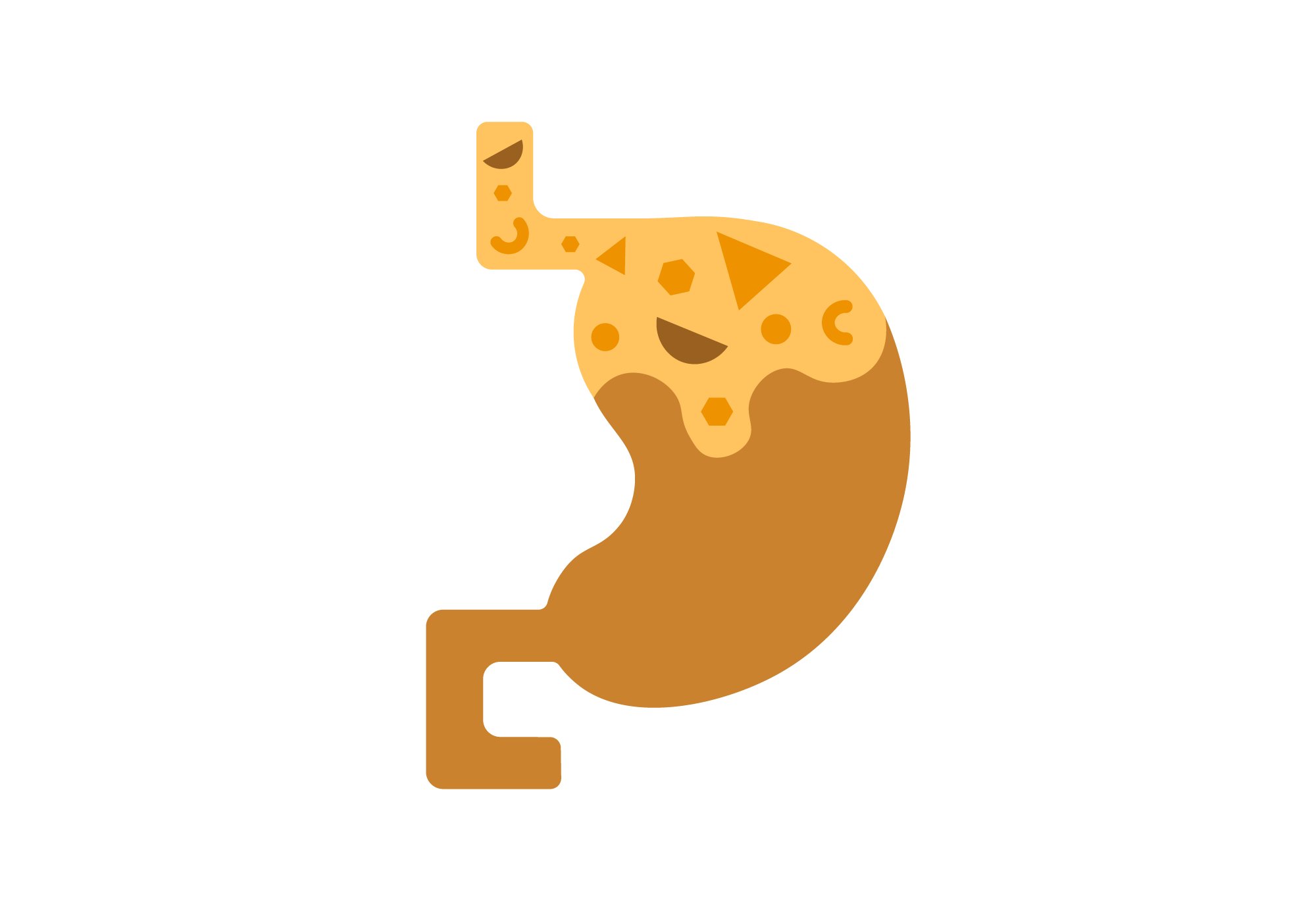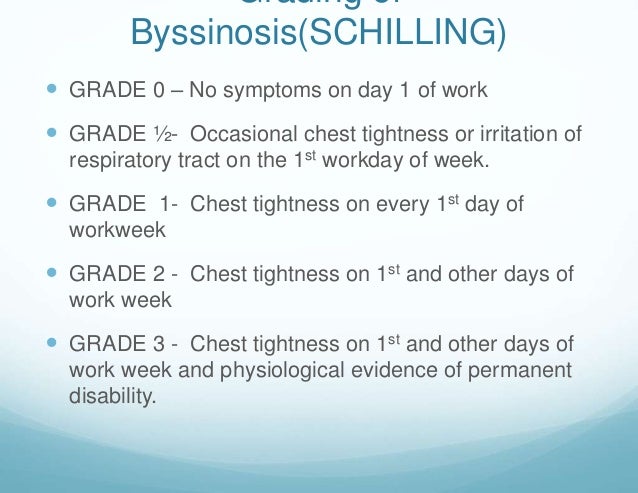Occasional Chest Tightness
Experiencing symptoms like this can be troubling, and cause impairment in one’s ability to carry out day-to-day task. While this occurrence is not always linked to cardiac problems, medical examination can be wise to rule out any serious underlying conditions. This article will detail common causes for tightness in one’s chest and throat, as well as a brief explanation of treatment methods and options.
Chest congestion – that annoying tightness you feel in your chest and under and around your breast bone when you have excess mucus you are unable to cough up. It is a common symptom of many respiratory ailments, but when could it be a sign of something more serious? Angina is chest pain of discomfort caused when your heart muscle doesn’t get enough oxygen-rich blood. There are many types of angina and patients may feel tightness in chest and throat as well as many other discomforts. Other Signs and Symptoms.
Muscle strain is a common cause of tightness in the chest. Straining of the intercostal muscles, in particular, can cause symptoms. In fact, 21 to 49 percent of all musculoskeletal chest pain comes. While most heart and chest pain occur in the area behind the breastbone, cardiac pain may also radiate down your arms, back, shoulders, and neck. Chest pain related to the heart is also described. “Chest wall” is a term for the structures that enclose and protect the lungs, including the ribs and sternum. We do not always know what causes chest wall pain, but it is typically associated with brief sharp pain that is worse when breathing in. Injury to the ribs, sternum or other bones in the chest and back also can cause chest wall pain.

Tightness in Chest and Throat, What Could It Be?
1. GERD
Gastroesophageal reflux disease (GERD) is a digestive disorder that affects the lower esophageal sphincter(LES). This allows the stomach acid and food to move back up from the stomach into the esophagus, thus causes tightness in the throat or chest.
Other Signs and Symptoms
- Chest pain
- Burning sensation within one’s chest which may also spread to the throat alongside a sour taste becoming apparent in one’s mouth
- Dry cough
- Dysphagia
- Sore throat or hoarseness
- A lump in one’s throat
- Regurgitation of food or liquid
Treatment Options
Over-the-counter medication antacids, H-2-receptor blockers, and proton pump inhibitors are often used to control heartburn and other symptoms of GERD. If these prove ineffective after two weeks, then stronger medications such as Baclofen can be prescribed by your doctor. If medication has no overwhelming positive success, then surgery may be required. The procedures usually carried out include lower esophageal sphincter reinforcement surgery, and lower esophageal sphincter strengthening surgery.
2. Asthma
Asthma is a disease that inflames the walls of passageways that supply air to the lungs. Inflamed airways are sensitive and complicate breathing. Common asthma symptoms include breathing problems, wheezing, coughing, and tightness in chest and throat.
Other Signs and Symptoms
- Breath shortness
- Persistent coughing
- Difficulty sleeping
- Fatigue
Treatment Options
Asthma cannot be cured, but it can be effectively controlled with corticosteroids- contained inhalers. Oral and intravenous corticosteroids are also available and usually given to those with severe symptoms. Combination inhalers contain corticosteroids and a long-lasting beta-agonist. Oral medicating is also often prescribed in the form of leukotriene modifiers. Some medication such as short-acting beta-antagonists can offer individuals quick-relief from asthma flare-ups, and work to open and relax one’s airways.
3. Heart Failure
Heart failure occurs when the heart muscle is weakened and cannot pump sufficient blood to meet the body's needs for blood and oxygen. You are most likely to feel tightness in the chest if you have this condition.
Signs and Symptoms
The following symptoms often accompany heart failure:
- Coughing
- Weakness
- Fatigue
- Loss of appetite
- Faintness
- Shortness of breath
- Irregular pulse
- Swollen ankles and feet
- Weight gain
- Swollen abdomen or liver
Treatment Options
One should first make lifestyle changes, for example, limiting the quantity of sodium and alcohol one consumes, quitting smoking, staying active, lowering cholesterol, and getting sufficient rest. Medication is given to help prevent one’s heart failure from exacerbating, help the heart pump efficiently, stop the occurrence of blood clots, open blood vessels, and reduce damage on one’s heart. Surgeries are often recommended. These include coronary bypass surgery, heart valve surgery, installation of a pacemaker, or use of a defibrillator.
4. Angina
Angina is chest pain of discomfort caused when your heart muscle doesn’t get enough oxygen-rich blood. There are many types of angina and patients may feel tightness in chest and throat as well as many other discomforts.
Other Signs and Symptoms
- Nausea
- Fatigue
- Pain in jaw, neck, shoulders, arms and back
- Shortness of breath
- Dizziness
- Sweating
Severity of this condition can vary. Chest pain associated with angina is often described as a feeling of tightness in the chest, some describe it as though their chest was in a vice, or had a heavy weight upon it; for some, it may just feel similar to indigestion. If you notice that symptoms are exacerbating, or new symptoms are occurring, visit your doctor, as this could indicate a more dangerous form of the condition, or possibly a heart attack.
Treatment Options
Changes in one’s lifestyle often prove effective. These include quitting smoking, losing weight, getting sufficient rest, eating smaller meals, avoiding stress,and exercising. Medication can be used to treat this condition include: nitrates, aspirin, clot-preventing medication, beta blockers, statins, calcium channel blockers, and ranolazine. Medical procedures may sometimes be required. Common procedures include angioplasty and stenting, as well as coronary artery bypass surgery.
5. Anxiety
Those suffering from tightness in chest and throat may be worried, especially if they do not know that such a symptom can result from anxiety.
How to Tell Whether You’re Suffering from Anxiety Chest Tightness

In most cases, it is best to seek medical examination to rule out chest tightness caused by cardiac issues, and to figure out whether it is related to anxiety. With chest pressure caused by anxiety, the following statements are true:
- It usually lasts around ten minutes.
- It often occurs with other symptoms related to anxiety.
- Pain is less likely to be experienced in the back or arms.
Anxiety attacks often have a “peak”, whereby the symptoms are more severe, it is at this time that chest pressure will be experienced at its worst. Chest pressure caused by cardiac problems usually lasts much longer, and is accompanied by pain radiating to other areas.
Ways to Reduce Chest Pressure
There are some simple methods one can try to help reduce the painful symptoms depending upon the cause of the symptoms.
- Hyperventilation may cause chest tightness, in such instance, try to regain control of your breathing, taking slow breaths.
- Bloating can cause chest tightness, which can be combatted by drinking water, consuming of an antacid, or releasing gas.
- Over-sensitization can be combatted by distracting yourself. Going for a walk, talking to friends or family, or practicing an enjoyable hobby may be effective. That being said, these fixes are temporary, and one should aim to figure out why they are experiencing anxiety and try to control it.
Most chest pain is not a sign of anything serious but you should get medical advice just in case. Get immediate medical help if you think you're having a heart attack.
You have sudden chest pain that:
- spreads to your arms, back, neck or jaw
- makes your chest feel tight or heavy
- also started with shortness of breath, sweating and feeling or being sick
- lasts more than 15 minutes

You could be having a heart attack. Call 999 immediately as you need immediate treatment in hospital.
- you have chest pain that comes and goes
- you have chest pain that goes away quickly but you're still worried
It's important to get medical advice to make sure it's nothing serious.
Common causes of chest pain
Chest pain has many different causes. In most cases, chest pain is not caused by a heart problem.
Your symptoms might give you an idea of the cause. Don't self-diagnose – see a GP if you're worried.
| Chest pain symptoms | Possible cause |
|---|---|
| Starts after eating, bringing up food or bitter tasting fluids, feeling full and bloated | heartburn or indigestion |
| Starts after chest injury or chest exercise, feels better when resting the muscle | chest sprain or strain |
| Triggered by worries or a stressful situation, heartbeat gets faster, sweating, dizziness | anxiety or panic attack |
| Gets worse when you breathe in and out, coughing up yellow or green mucus, high temperature | chest infection or pneumonia |
| Tingling feeling on skin, skin rash appears that turns into blisters | shingles |
Chest pain and heart problems
Chest Tightness Coronavirus
The most common heart problems that cause chest pain include:

- pericarditis – which usually causes a sudden, sharp, stabbing pain that gets worse when you breathe deeply or lie down
- angina or a heart attack – which have similar symptoms but a heart attack is life-threatening
You're more likely to have heart problems if you're older or know you're at risk of coronary heart disease.
For example, if you:
Sporadic Chest Tightness
- smoke
- are very overweight (obese)
- have high blood pressure, diabetes or high cholesterol
- have a history of heart attacks or angina in family members under 60 years old
Help us improve our website
If you've finished what you're doing can you answer some questions about your visit today?
Page last reviewed: 14 August 2020
Next review due: 14 August 2023